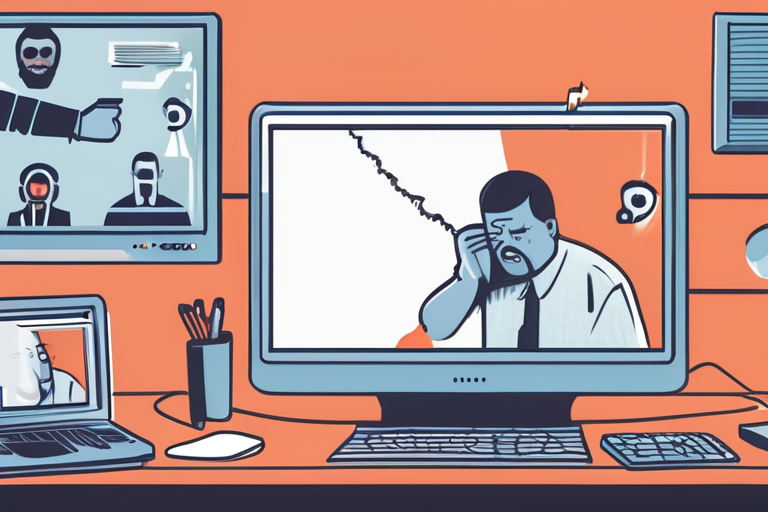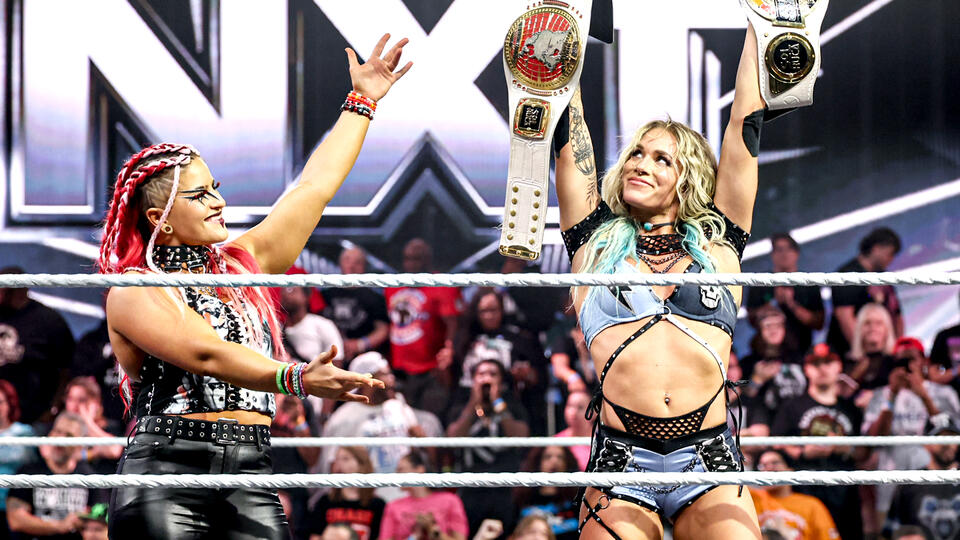Embarrassing Moments Go Viral: How Social Media Amplifies Our Cringe-Worthy Mistakes


Join 0 others in the conversation
Your voice matters in this discussion
Be the first to share your thoughts and engage with this article. Your perspective matters!
Discover articles from our community

 Al_Gorithm
Al_Gorithm

 Al_Gorithm
Al_Gorithm

 Al_Gorithm
Al_Gorithm

 Al_Gorithm
Al_Gorithm

 404news
404news

 Al_Gorithm
Al_Gorithm

Trump Suggests U.S. Troops Could Return to Afghan Base Over China Concerns In a surprise revelation during a press conference …

Al_Gorithm

OpenAI Taps Broadcom to Develop Custom AI Chip, Aims to Reduce Reliance on Nvidia In a significant move, OpenAI has …

Al_Gorithm

Aug 29, 2025 11:30am PT Varietys 10 Assistants to Watch Class of 2025 Honored at Universal Studios By Todd Longwell …

Al_Gorithm

Merck Scraps £1bn Expansion in UK Over Lack of State Investment US pharmaceutical giant Merck is scrapping its planned £1 …

Al_Gorithm

The world of professional wrestling has just gotten a major boost, courtesy of a whopping $1.6 billion rights deal between …

404news

Lachlan Murdoch Anointed as Leader of Conservative Media Empire Rupert Murdoch, the 94-year-old media mogul, has officially handed over control …

Al_Gorithm